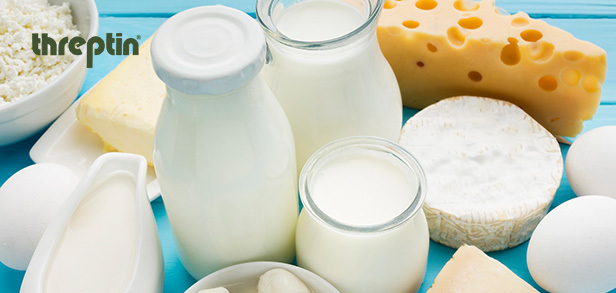
Protein is one of the important macronutrients along with carbohydrates and fats. They are essential for the body to maintain health and nutrition. But why is protein important is the main question?
Well, several parts of our body are made from protein, including our muscles, brain cells, skin, nails, and hair. In fact, excluding water, muscles are made up of 80% protein. This clearly shows how important it is to keep consuming protein.
However, not all proteins are equal. So, if you intend to increase your protein level with the help of protein supplements, make sure you are doing proper research. To help the process, we have discussed some crucial topics about protein. For example, what is protein, its sources, requirement level in the body, etc.
What is protein, and why do we need it?
The first important point we want to discuss in our protein guide is the meaning of protein. Protein is the building block of the body found in each body cell. It is made from attaching amino acids in a long chain. When twenty different amino acids attach themselves, their arrangement determines a particular protein’s role.
Mostly they perform roles like:
- Repairing damaged cell and developing a new one
- Transporting molecules inside the body
- Promoting physical growth and mental development in teenagers, children, and pregnant lady
- Protecting the body against bacteria and viruses
The recommended level of protein in the body
When determining how much protein do I need, you can either calculate in grams on a day-to-day basis or set a target percentage of the calories you will intake.
According to the Indian Council of Medical Research (ICMR), the suggested amount of protein intake is 48 grams. Moreover, the recommended protein intake for an average Indian adult is between 0.8 and 1 gm per kg body weight. So, if you weigh around 50 kilograms, you should have a protein intake of around 50 grams per day.
Also, the number differs and varies between age groups. Men require more protein than women; 54 grams and 46 grams respectively. Pregnant and lactating women need more than average women. Infants between 6 to 12 months need 10 grams of protein daily, while
the needs for children change as they grow up. Adolescent boys and girls around 18 years of age require the same amount of protein as an adult.
Is protein also bad for the body?
The next thing we want to discuss in our protein guide is whether protein is bad for the body? When you see on the flip side, overconsumption of protein can also negatively affect the body. So how do you know how much protein is too much for the body?
Protein consumption level should depend on three factors: the total food consumption, weight, and body activity level. How to calculate protein based on food consumption has already been discussed, but when it comes to weight, an adult need at least 0.8 gram of protein/kg a day. So, a person having 75kg of weight needs 60gram of protein/day.
In the same way, people who carry extensive physical activity like athletes require more protein, i.e., between 1.2 grams to 2 grams per kilogram in a day. However, it is apt to maintain the level because if the protein content exceeds, it converts to fat and gets stored in the body.
Sources from where you can obtain protein
Another thing that we want to discuss in our protein guide is their sources. It is very easy to meet the need for protein in the body as it comes from both animal and plant sources. However, to ensure that it does not add extra sugar, fat, or sodium to the body, it is best to know the best and healthy food source.
Plant-based sources
If you are a vegetarian, you can get enough protein from nuts, seeds, and legumes. In addition, some leafy vegetables like spinach and grains like quinoa also provide a small amount of protein. However, make sure you are not disturbing the protein level by choosing the wrong cooking method or recipes to maintain nutrition.
For instance, add tofu in place of meat in a stir-fry. Moreover, use dry beans like back beans, kidney beans, or navy, and add seeds or nuts in your dinner salad. They act as very good sources of protein in the body.
Meat-based sources
Now looking at the good sources of protein in the meat section, nothing can beat fish, lean meats, eggs, poultry, seafood, and dairy products. However, grill or roast them to minimize the fat contained in them. If you want to cut down fat even more, then remove the skin of the turkey or chicken you are eating.
Conclusion
Here’s is everything you would want to know about protein to use it as a tool for your fitness and improve the nutrition level in the body. So, if you are someone looking to cut down weight or are a serious athlete, start working on your protein level and get the desired body shape you want.



